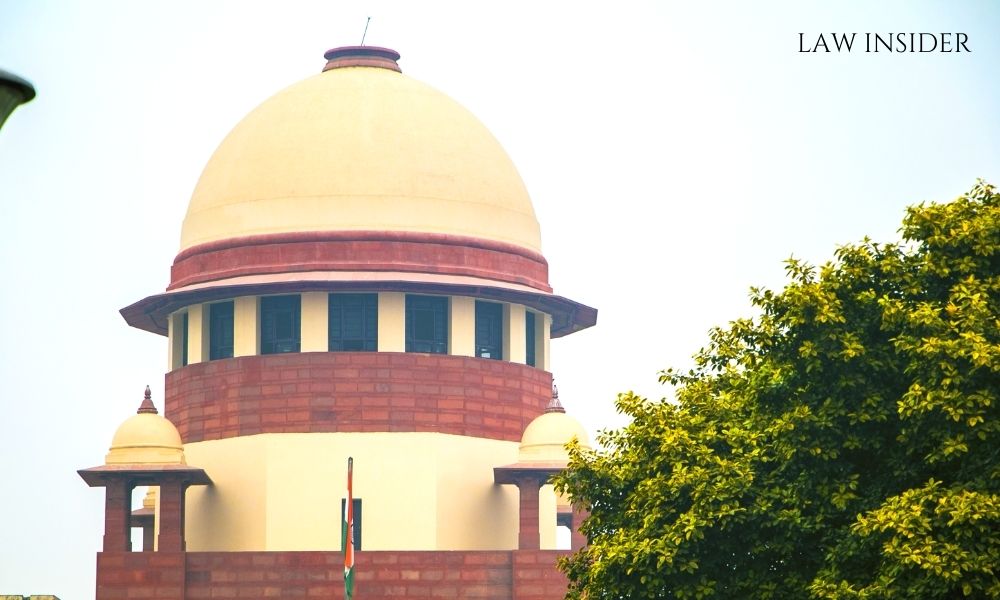Aastha Thakur
Published on: 04th August 2022 at 22:03 IST
The Supreme Court while hearing appeal held that the decision given by the High Court could not be discern and is inarticulate.
It was stated in the appeal case heard by Justices DY Chandrachud and Sudhanshu Dhulia against the order given by the Himachal Pradesh HC allowing the writ petitions filed under Article 226 of the Constitution.
The respondent State of Himachal Pradesh had challenged the validity of orders of reassessment passed by the State government before the apex court. It was while scrutinizing the order of the High Court, it observed that nothing is clear and decipherable from the judgement.
The Apex court said, “The judgment of the High Court is utterly incomprehensible. The reasons on the basis of which the High Court has proceeded to allow the petitions and set aside the reassessment cannot be discerned from the judgments.”
Therefore, the Court set aside the High Court decision and directed the High Court to hear the matter afresh. It’s the fifth time when the Supreme Court remarked the decision given by Himachal Pradesh High Court for being incomprehensible and incoherent.
In April 2017, apex court set aside another judgement because of convoluted English used in the judgment. The sitting bench of Justices Madan Lokur and Deepak Gupta remarked in negative expression stating, “We will have to set it aside because one cannot understand this.”
That judgment too was authored by Justice Sureshwar Thakur.
The more recent one instance date back in March 2021, the Supreme Court was again left speechless by languages blues after it by language blues after it could not decipher a judgment in appeal, once again from Himachal Pradesh High Court.
The sitting bench of Justices DY Chandrachud and MR Shah had said that the purpose of judgments is to convey the basis and reasons for its decision not only to lawyers but also to citizens who approach courts for remedy.
Therefore, the Bench emphasised that, “the Court judgement should be in language which can be easily understood and not only by lawyers but also the aggrieved party who approached the Court.”

